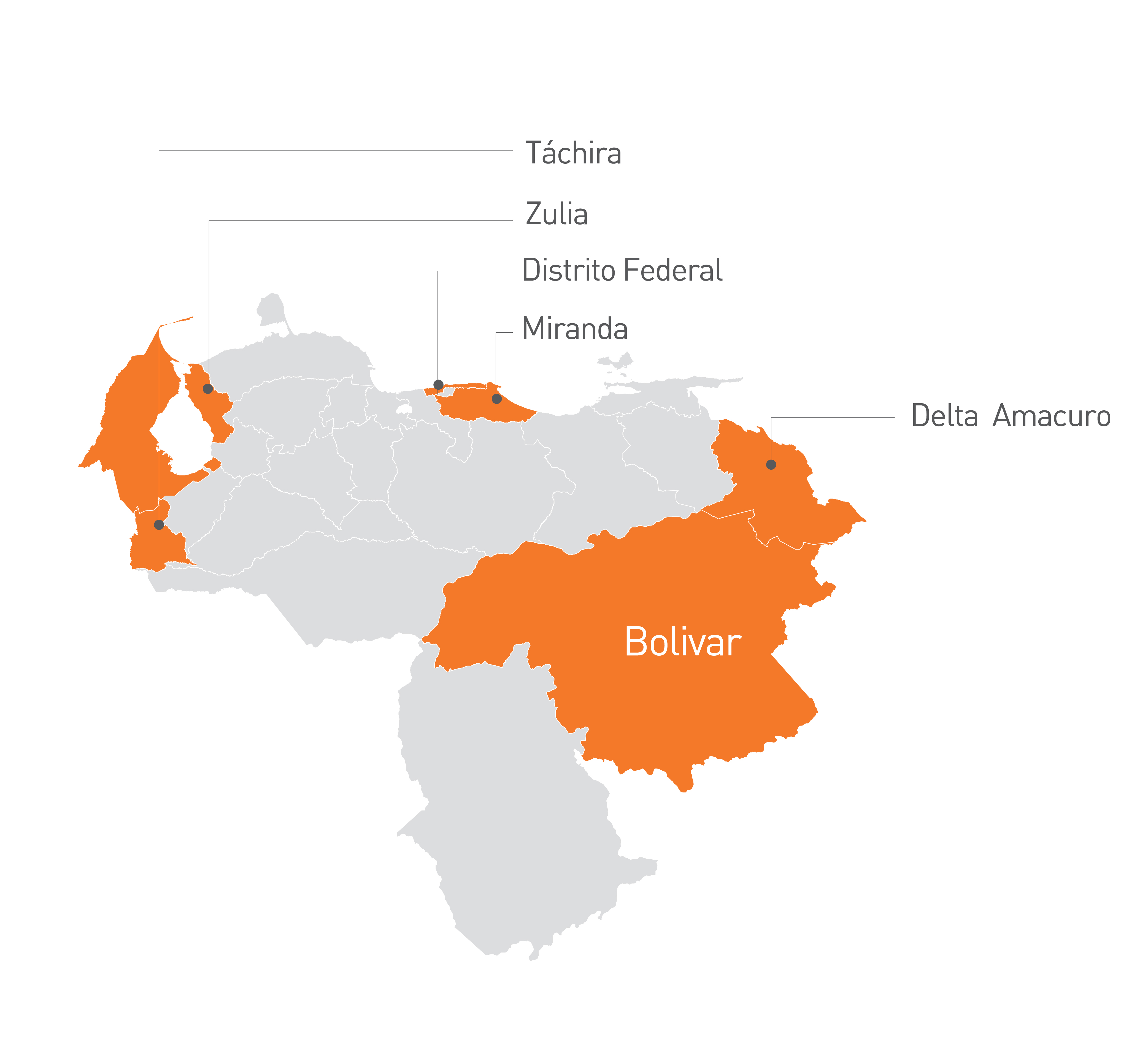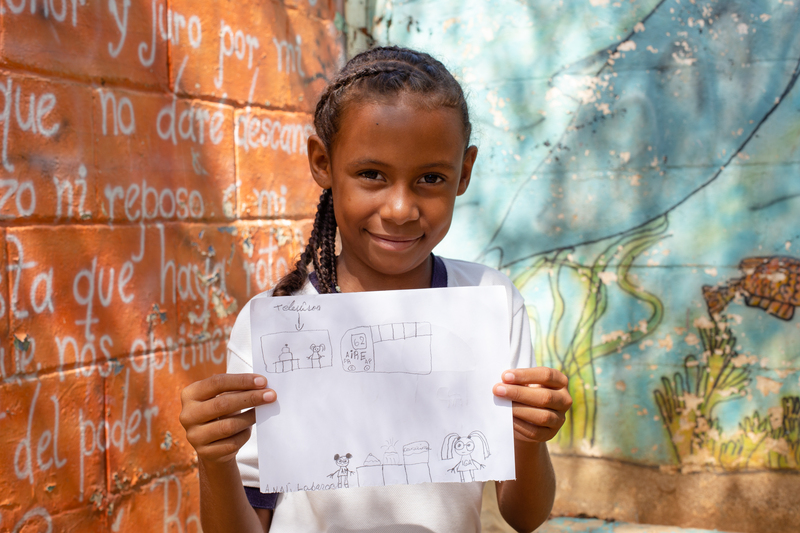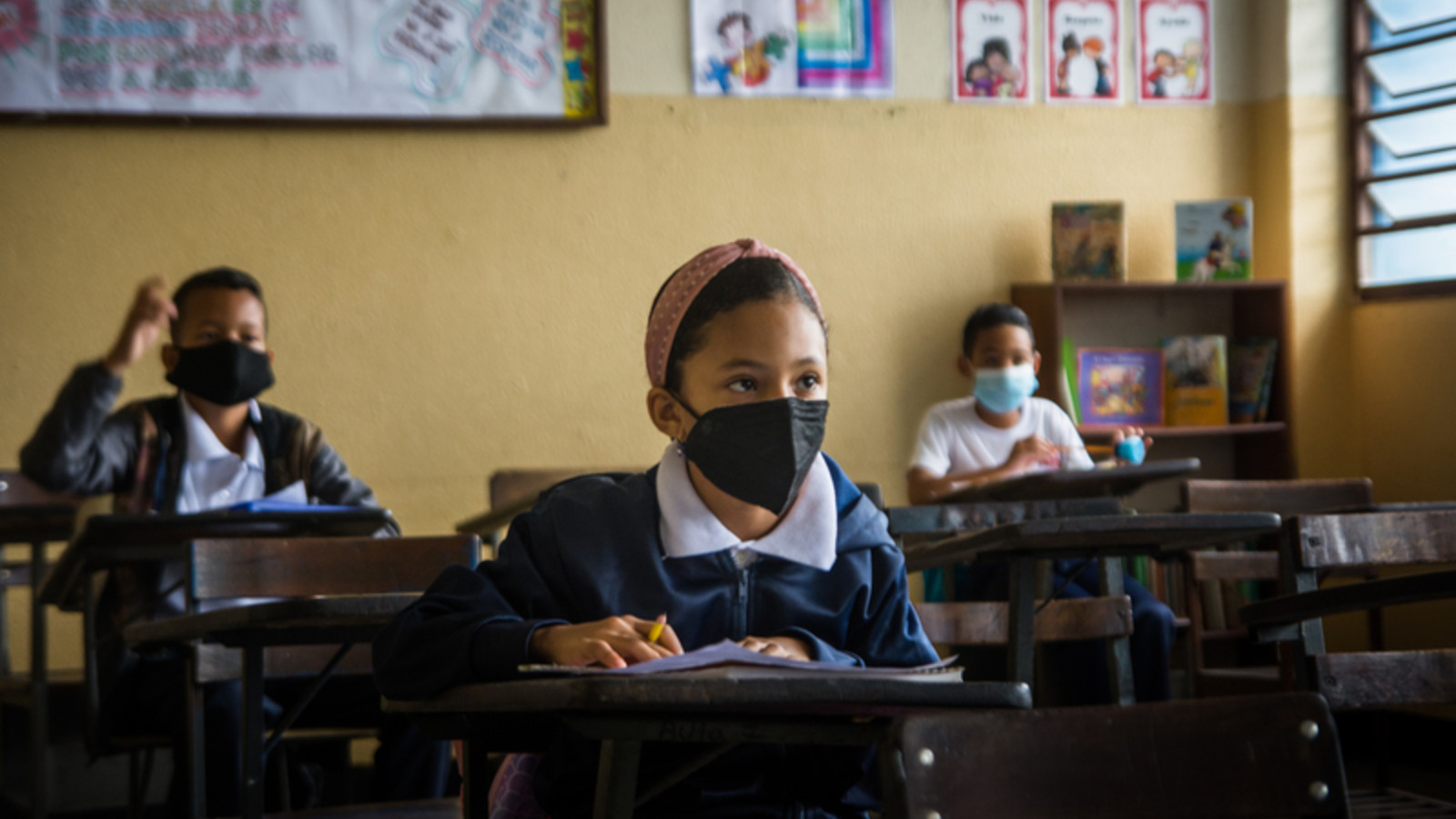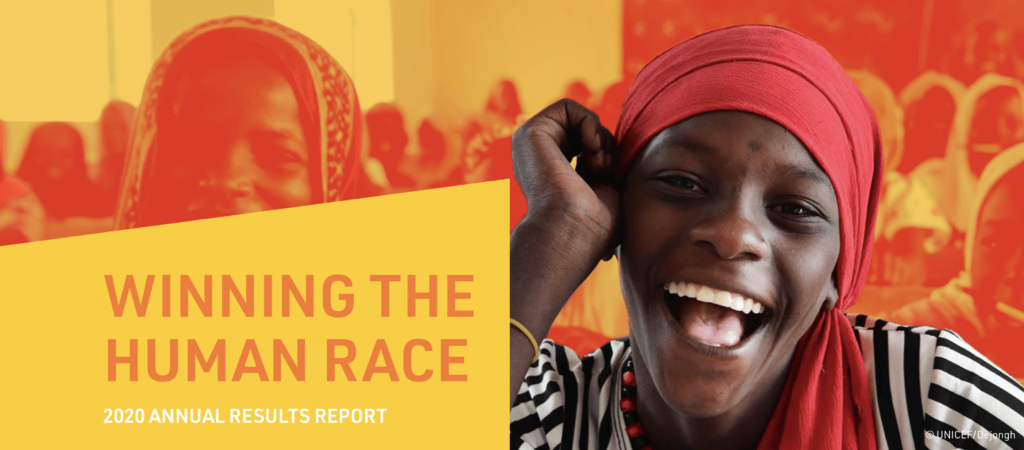ECW in Venezuela
The humanitarian, political and socio-economic crises in Venezuela resulted in extreme food insecurity and hyperinflation, which in turn disrupted Venezuela’s public services and educational system. This caused the loss of multiple years of schooling, limited access to essential goods, threats to protection and safety and a lack of access to public services.As a result, millions of children and adolescents are out of school or are at risk of dropping out. With water and electricity shortages, a lack of teachers, and parents unable to afford their education costs, vulnerable out-of-school girls and boys are at high risk of exploitation and abuse.
The Venezuela First Emergency Response (FER), completed in 2020, was part of the ECW’s regional response to the impacts of the crisis, with FERs also in Brazil, Colombia, Ecuador and Peru.

Investments
Financial Information
National Counterparts
Ministry of Education
Additional Results
- Number of teachers /administrators that demonstrate increased knowledge on subject knowledge, curriculum and/or pedagogy: 500
- Number of children and adolescents supported with school feeding programmes: 2,871
COVID-19 Results
Programme Info

To increase access to safe and quality education, ECW programming improved educational infrastructures by training teachers and facilitators on a reintegration curriculum and alternative education programmes, establishing school feeding programmes and suppling learning materials. Cash incentives were provided to improve teacher attendance and address urgent needs. Mental health and psychosocial support were offered to address trauma developed from the crisis.
Programme Components
- Promoting increased learning outcomes. Grantees supported the creation of a three-module curriculum for the reintegration of children into formal schooling. The curriculum is designed to aid in the development of linguistic abilities, mathematics skills and psychosocial skills. The programme also supported the creation of a skills-building programme and its delivery to adolescents who completed 320 academic hours and earned a work training certificate.
- Providing learning materials. Learning materials and recreational kits were distributed to children and adolescents in public schools and job training centres.
- Reintegrating students and accelerated learning programmes. Grantees implemented catch-up programmes across several states and numerous alternative teaching centres, reaching students who were out of school. Consequently, a significant majority of the students targeted with the catch-up programme re-enrolled in formal schooling.
- Supporting students through nutritional and cash-based assistance. Families received monthly food bags with non-perishable food for five people, reaching vulnerable and out-of-school children. Because of COVID-19, Venezuela’s summer school programme was conducted online, and students received snack kits to support their nutritional well-being.
- Training and supporting teachers. Teachers and facilitators, a majority of whom were women, were trained to manage the alternative education programme. Teachers were supported with a monthly stipend, a monthly food bag and a hygiene kit.




